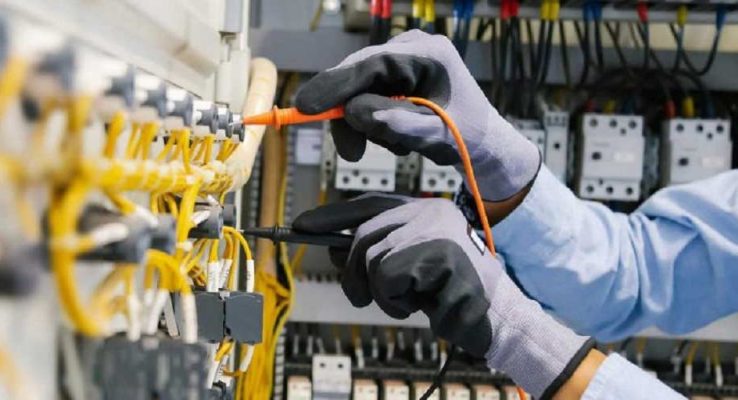Some Key Facts About Electrical Inspections
One aspect of ensuring the safety of their home or business premises that every householder or business owner is likely to need at some point is an electrical inspection. These are carried out by a qualified electrician, and their primary function is to ensure that all the wiring and electrical systems, including certain electrical equipment, within a home or office are safe and meet the applicable regulatory and legal standards. Here are some facts about electrical inspections.
What Will An Electrical Inspection Include?
The scope of an electrical inspection can range from a basic audit which is done visually and makes recommendations, to a comprehensive inspection when a series of electrical tests are carried out with respect to polarities of power outlets and electrical safety switches, for example. Here is a list of some of the checks and tests that could occur during an electrical inspection:
- Visual Checks For Instances Of Exposed Wiring Or Cable
- Check For Electrical Hazards
- Identifying Cables Or Wiring Which Is Outdated
- Inspections Of Power Boxes
- Testing Electrical Safety Switches
- Checking Lighting Fittings
- Checking For The Risk Of Overloaded Electrical Systems
- Checking And Testing Power Sockets
- Checking For Evidence Of DIY Electrical Work
- Testing Smoke Alarms
- Checking For Electrical Installations That Do Not Comply With Regulations
- Checking That Electrical Wiring, Installations, And Equipment Comply With Statutory Regulations
This is not a complete list, and some of the specific checks will depend on the type of property, what the building is used for, and the state or federal statutory regulations that apply to those premises.
Reasons For An Electrical Inspection
Whilst the list of possible check tests that could be included in an electrical inspection may seem long, the list of possible reasons for an electrical inspection taking place is not a short one either. Note that electrical inspections should be instigated by the owner of the property by employing an electrician or, if you are a residential or business tenant, by requesting that your landlord do likewise. Here are some of the most common reasons for requesting an electrical inspection.
Prior To Moving To Or Purchasing A New Property: Prior to purchasing or moving into a domestic or commercial property, you should insist that an electrical inspection is done prior to signing any paperwork that commits you to either. Do not rely on the building inspection, as this mainly covers just the structure.
If Your Home Or Business Premises Is Old: Any property which is older than 25 years old or a home that has not been checked recently is a prime candidate for an electrical inspection. In particular, there is a risk that any older wiring no longer meets current safety standards.
If You Believe There Are Problems With The Electrics: If you, or anyone else who lives in or works on the property, have seen or become aware of problems with electrics, then an inspection is recommended. Symptoms can include flickering lights, random power outages within the premises and unexplained burning smells.
After A Major Electrical Storm: The risks from large storms come from above and below. Above, there is the risk of lightning strikes that could cause electrical issues, and below, there is the risk of flooding, especially in basements where main electrical boxes tend to be located.
As A Regular Check On The Safety Of Your Home Or Business Premises: Whilst there may not be any specific issues that concern you, it does no harm to have regular electrical inspections carried out to ensure that everything remains safe and still meets the required legal standards.







